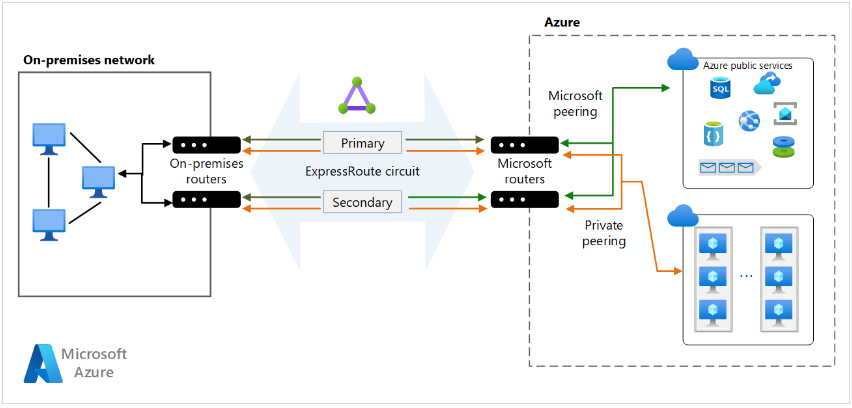VNet Peering
Updated Nov 16, 2020 ·
vNet Peering

Virtual Network Peering (vNet Peering) allows for seamless connectivity between distinct Azure virtual networks, presenting them as a unified entity.
- Utilizes the robust Microsoft backbone infrastructure for inter-network traffic
- Use Global vNet Peering for vNets in different regions
- Created without downtime
Key Features
-
Compatibility
- Connects networks created via Azure Resource Manager, including those from the classic deployment model
-
No Downtime
- Creation and completion cause no downtime for associated resources
-
Privacy and Security
- Traffic remains private, bypassing the need for public Internet, gateways, or encryption
-
Consistent Latency
- Latency between VMs on peered virtual networks mirrors that within a single virtual network
-
Security Groups Integration
- Apply network security groups to control access between peered virtual networks or subnets
Types of Peering
-
Virtual Network Peering
- Connects virtual networks within the same Azure region
-
Global Virtual Network Peering
- Links virtual networks deployed in different Azure regions